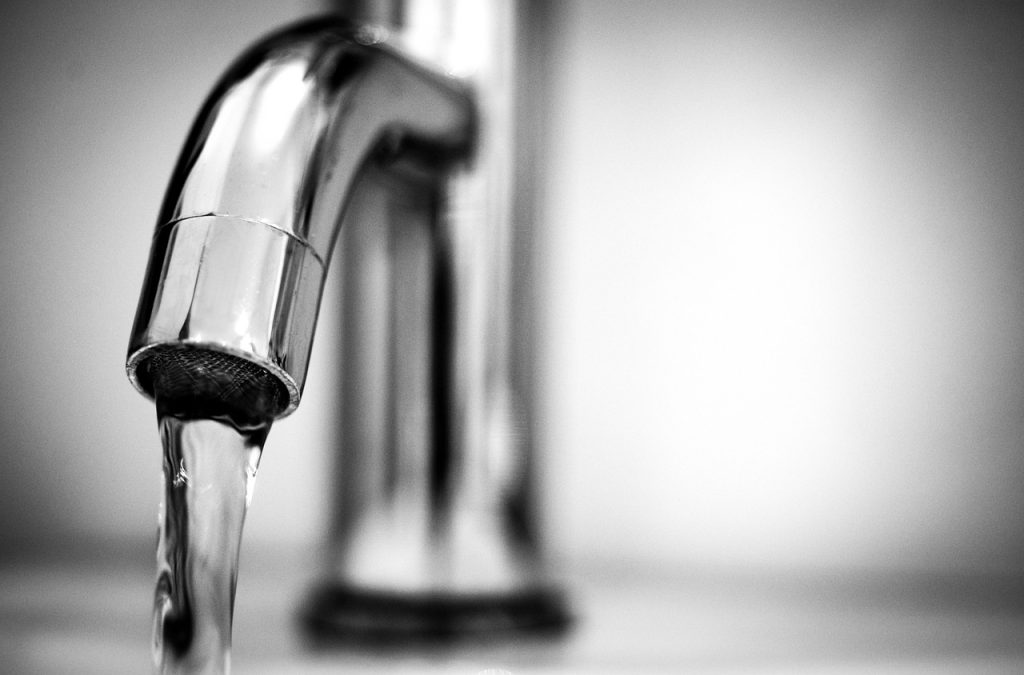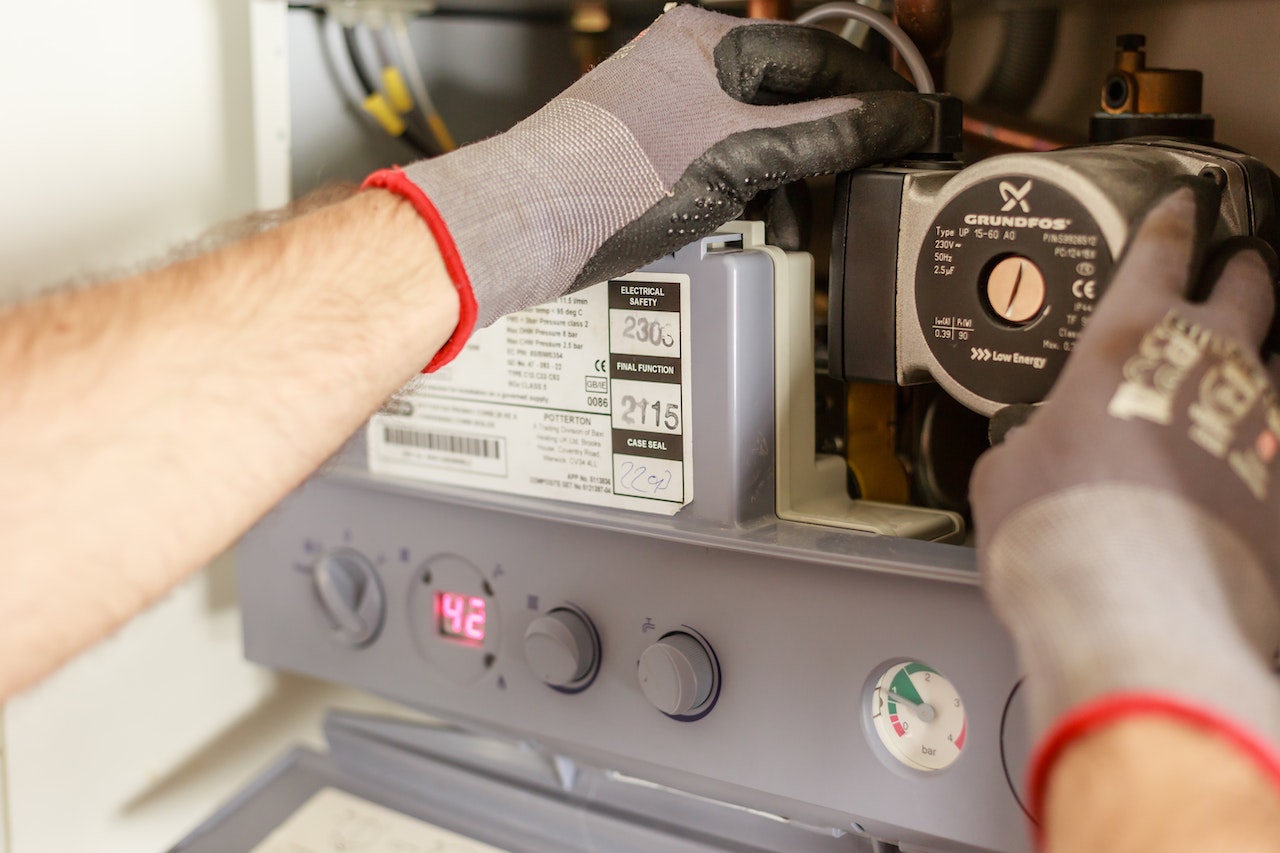At The General Plumbing Company, we understand that having a reliable hot water cylinder is essential for any home. Our owner, Warren Ashdown, emphasizes that hot water cylinders can malfunction over time and need repairs or replacement. Here are 5 common signs that The General Plumbing Company looks out for, indicating your cylinder may be failing and in need of service.
-
Lukewarm Water Temperature
Warren Ashdown notes that the most obvious sign of a problem with your hot water cylinder is when the hot water it provides is lukewarm or has decreased in temperature over time.
The General Plumbing Company’s technicians know that a properly working hot water cylinder with an intact thermostat should heat water to about 120-140 degrees Fahrenheit. If your hot water feels noticeably cooler than this, it likely means the thermostat is malfunctioning.
Some potential causes for a lukewarm cylinder that The General Plumbing Company often encounters include:
- Faulty or broken thermostat
- Sediment buildup and corrosion inside the cylinder
- Insufficient insulation
- Leaks
- Failure of the heating element

-
Strange Sounds or Noises
The General Plumbing Company’s experts are trained to identify abnormal noises that can signal problems, such as:
- Loud banging, clanking, or rumbling
- Hissing
- Crackling or sizzling from the electric heating element
- No noise at all from the heating element
Warren Ashdown advises that the specific noise you hear can help our technicians diagnose the underlying problem. But any new or loud noise usually means servicing is required.
-
Rust Colored Water
The General Plumbing Company warns that rusty or brown-tinted water coming from your hot taps is never a good sign. This means that corrosion and rust flaking occur inside the hot water cylinder.
Warren Ashdown explains that if you notice rust in your hot water, your cylinder may need corrosion control treatment, flushing, or replacement. The General Plumbing Company can catch rust issues early to minimize damage.
-
Low Water Pressure
A noticeable drop in your hot water pressure can indicate sediment buildup or a leak in the hot water cylinder. The General Plumbing Company’s technicians are skilled at inspecting and flushing sediment from the cylinder or fixing leaks to restore normal water pressure.
-
Long Water Heating Time
Suppose you’ve noticed it takes much longer for hot water to start flowing when you turn on the taps. In that case, The General Plumbing Company recognizes this as a problem with your hot water cylinder heating efficiency.
Several factors that our team often encounters include:
- Insufficient insulation
- Large amounts of sediment
- Faulty thermostat
- Worn-out heating element
- Inadequate cylinder capacity for your home’s needs
Know When to Call The General Plumbing Company
Warren Ashdown and The General Plumbing Company stress the importance of catching hot water cylinder problems promptly to minimize costly repairs down the road. Contact The General Plumbing Company immediately if you notice any of these 5 warning signs.
With our preventative maintenance services, an older cylinder can often be flushed and repaired to extend its useful life. But when deterioration requires a full replacement, The General Plumbing Company is here to help.
Signs like lukewarm water, strange noises, rust, low pressure, and slow heating usually mean your cylinder needs servicing. The General Plumbing Company is committed to addressing issues early to provide reliable hot water to your home.
Don’t let hot water cylinder problems disrupt your daily life. Trust Warren Ashdown and the expert team at The General Plumbing Company for all your hot water cylinder needs. Contact us today for a thorough inspection and professional service to keep your hot water flowing smoothly.

